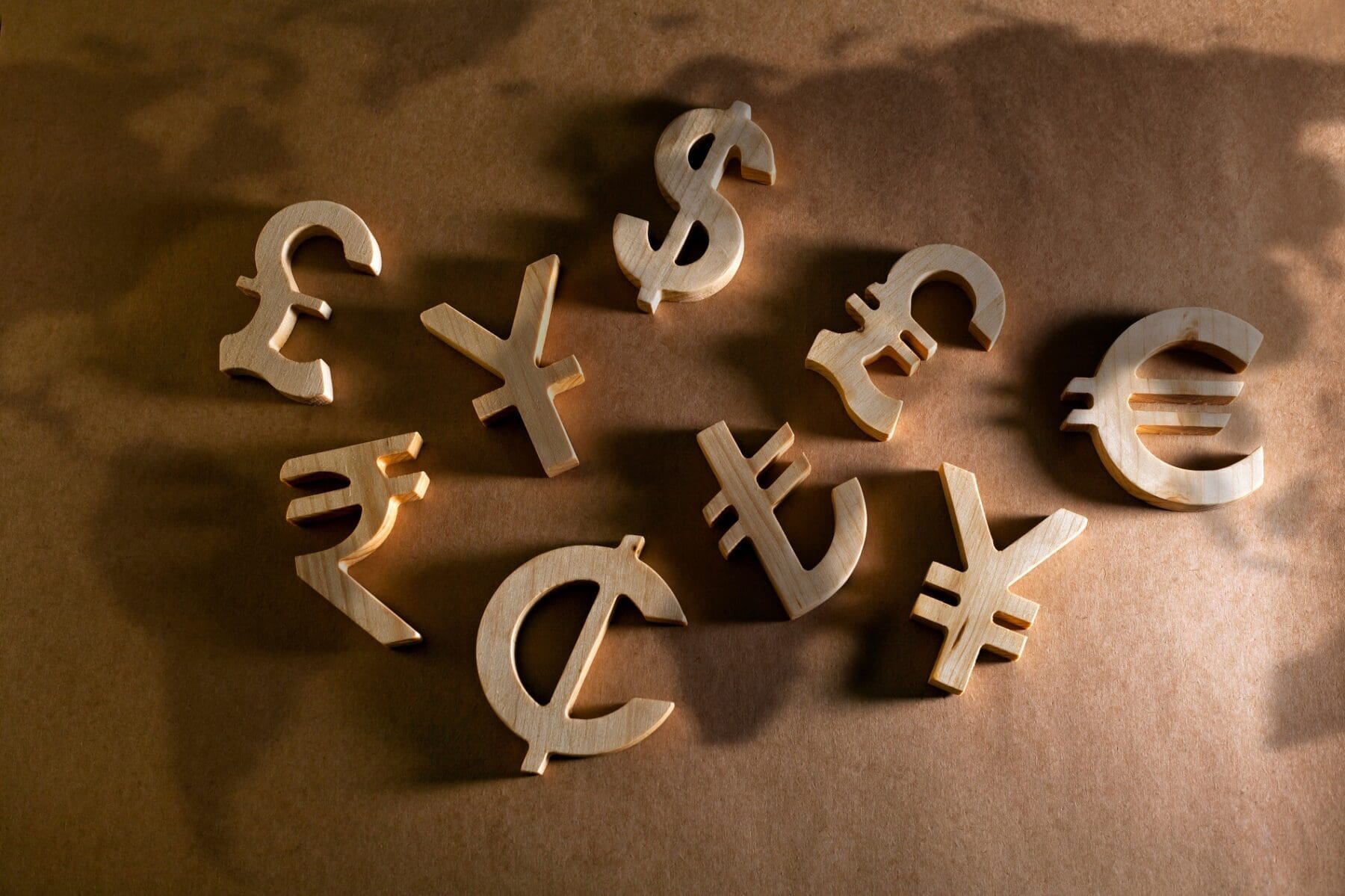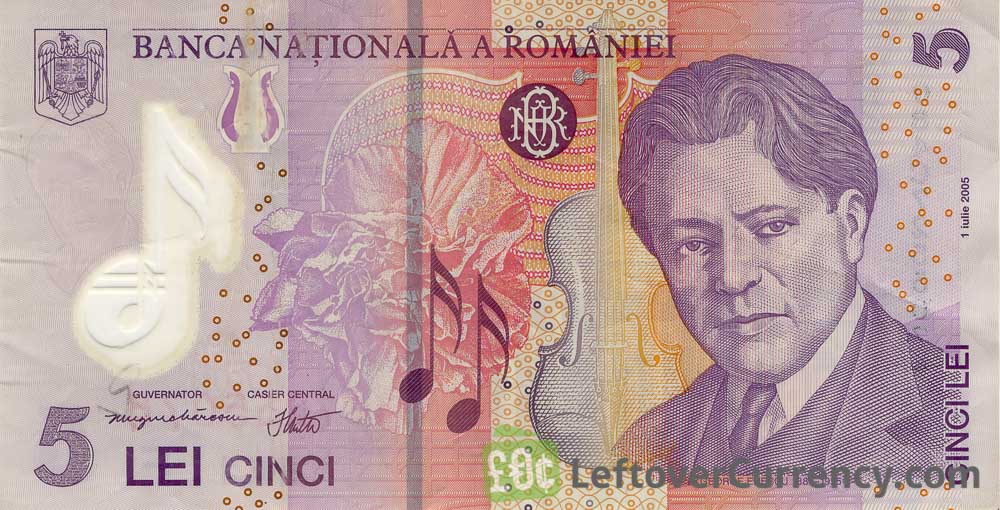Using Charge Cards and bringing in USD Cash from USA:
- Cash is king in Romania, but that being said many (larger) towns/cities do accept plastic. Sometimes this is not an options, so you need to think ahead and have plenty with you. With cash, remember, you may be able to negotiate more or avoid extra fees.
- USING CHARGE CARDS: Although, the bigger cities will likely accept the plastic version, smaller shops, towns and cafés may not accept cards.
- Do not bring in too much USD cash into Europe. You will not be able to convert USD currency into the country’s currency at any bank unless you have an account there. My experience only “Fed Ex” and some Post Offices may be able to do this, but they are usually not convenient and may have very expensive fees.
- As soon as you hit the airport, AVOID the Currency Exchange offices. Their commission and conversion rates are unbelievable. (Sometimes as much as 30% combined!)
- THE BEST WAY TO GET LOCAL CURRENCY! We recommend using a DEBIT Card to pull local currency cash out of the ATMs. In Romania, they are called “Bancomats”.
Furthermore, we suggest using ATMs that are connected (or associated to a bank). They usually do not charge a commission, and their conversion rates follow current banking quotes, and thus, more forgiving. - This article is published by the US Embassy in Romania, and it does offer tips. In our opinion, some of it is a bit outdated. (i.e. Using Traveler’s Checks). LINK
- READ THIS ARTICLE! “Best Way to Exchange Money in Europe.” IT’S PRICELESS!
- Here is another fantastic ARTICLE that is specific to Romania!
Current (Oct. 2024) Approximate Exchange Rates:
In Romania, the currency is in Lei (Leu). The good news is that it is pretty stable at this time, and conversions are very easy.
Current Conversion: One USD ($1.00) will give you 4.48 Lei.
Here is are good Apps to Download: Current Exchange Rates
Other Tips in regards to Currency and Charge Cards:
- Be aware that interest aplies immediately when you use your card for CASH ADVANCES at an ATM. Due to this, avoid this unless absolutely necessary. Bring a DEBIT CARD to not rely on Cash Advances. It is best to have a Debit Card with a CHIP technology, for this is the easiest and most convenient to use overseas.
- Research if your bank is part of the Global ATM Allliance to find out if you can make cash witdrawals for free. If not you can access cash in Romania for roughtly the same price you would at home.
- American Express is not friendly in Europe. Make sure you have a VISA or MasterCard as a backup. The larger institutions, such as hotels, usually do accept AMEX.
- Make sure you tell your bank about your travel plans, as they may put a block on your account if they see a transaction in another country.
- Tipping is generally done in local currency. When desperate, you may use USDs, since most can exchange this currency with the local bank they are serviced by. For larger tips (our guide and coach driver), we many be able to offer a Venmo or Paypal account.
- There’s no limit to the amount of foreign currency you can bring into Romania or the eurozone. However, you are going to have to declare your cash if you are planning to enter or leave the country with more than €10,000.
The main banks in Romania are:
- Banca Transilvania S.A.
- Banca Comerciala Romana S.A.
- BRD – GroupeSocete Generale S.A.
- ING Bank NV, Amsterdam (Bucharest Branch)
- Raiffeisen Bank S.A.
- UniCredit Bank S.A.
- CEC Bank S.A.
Tipping in Romania:
When traveling to Romania, it’s essential to understand the tipping culture to ensure smooth interactions and show appreciation for good service. Tipping, or “bacșiș” in Romanian, is a common practice but isn’t as rigidly structured as in other countries like the United States. However, it’s always appreciated when a service provider goes the extra mile.
In Romania, tipping is typically expected in restaurants. While it’s not mandatory, leaving a tip of around 10% to 15% of the total bill is customary if you’re satisfied with the service. Some high-end restaurants may automatically add a service charge to the bill, so it’s important to check first before tipping extra. If the service charge is included, an additional small tip isn’t expected but can still be offered as a token of gratitude.
Tipping extends beyond restaurants. For taxi drivers, rounding up the fare is a good practice. For instance, if your ride costs 22 lei, you might round up to 25 lei. In hotels, it’s polite to tip porters around 5 to 10 lei per bag, and housekeeping staff may receive 10 lei per day of your stay.
Tour guides and drivers should also be tipped based on the quality of the service provided. A good rule of thumb is to give 10 to 15 lei per person per day for guides and a smaller amount for drivers.
While tipping is appreciated, it’s important to note that in smaller towns or rural areas, the practice may not be as common, and locals may not expect it. Regardless, tipping remains a meaningful way to show appreciation for excellent service in Romania.


